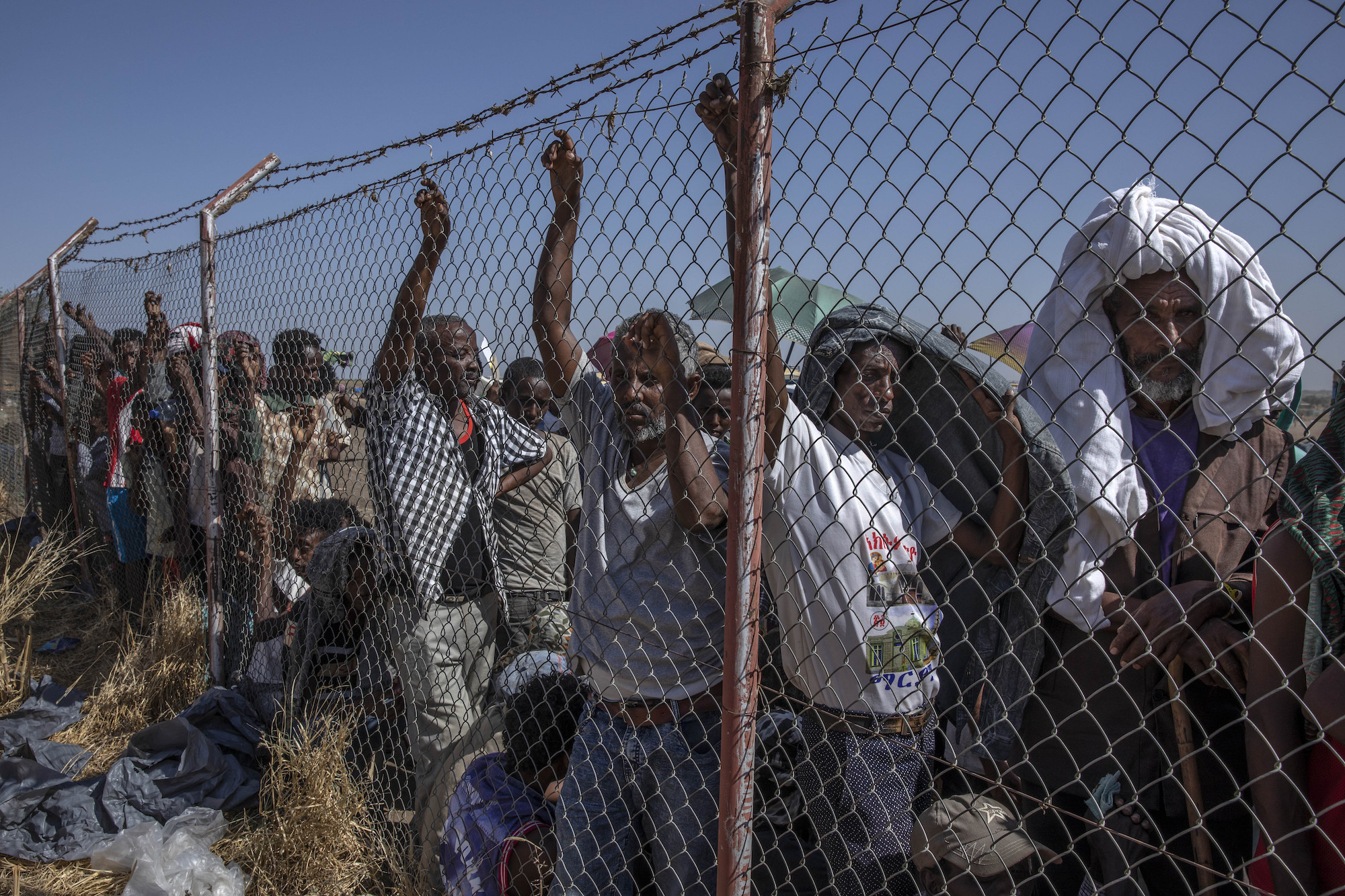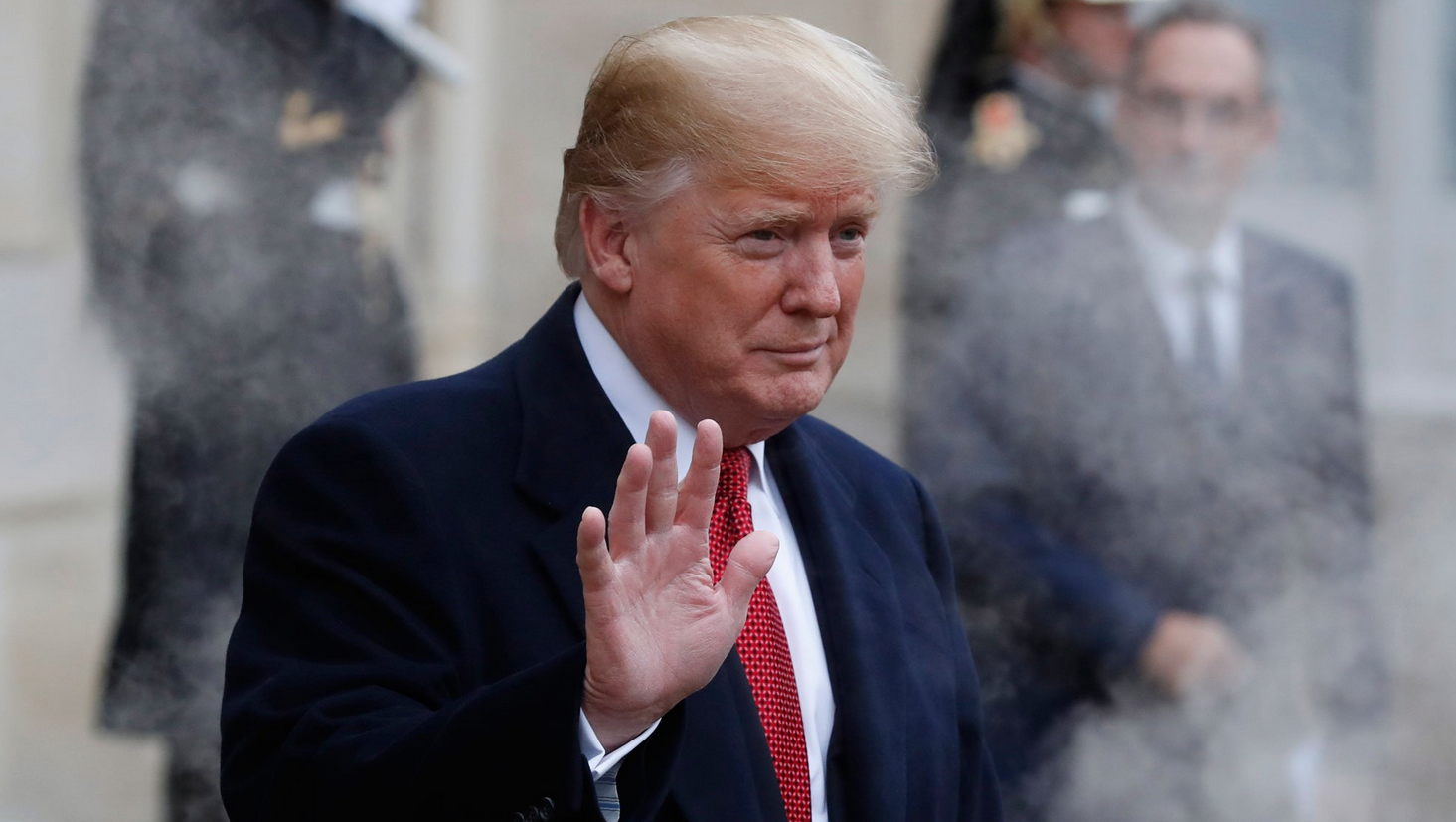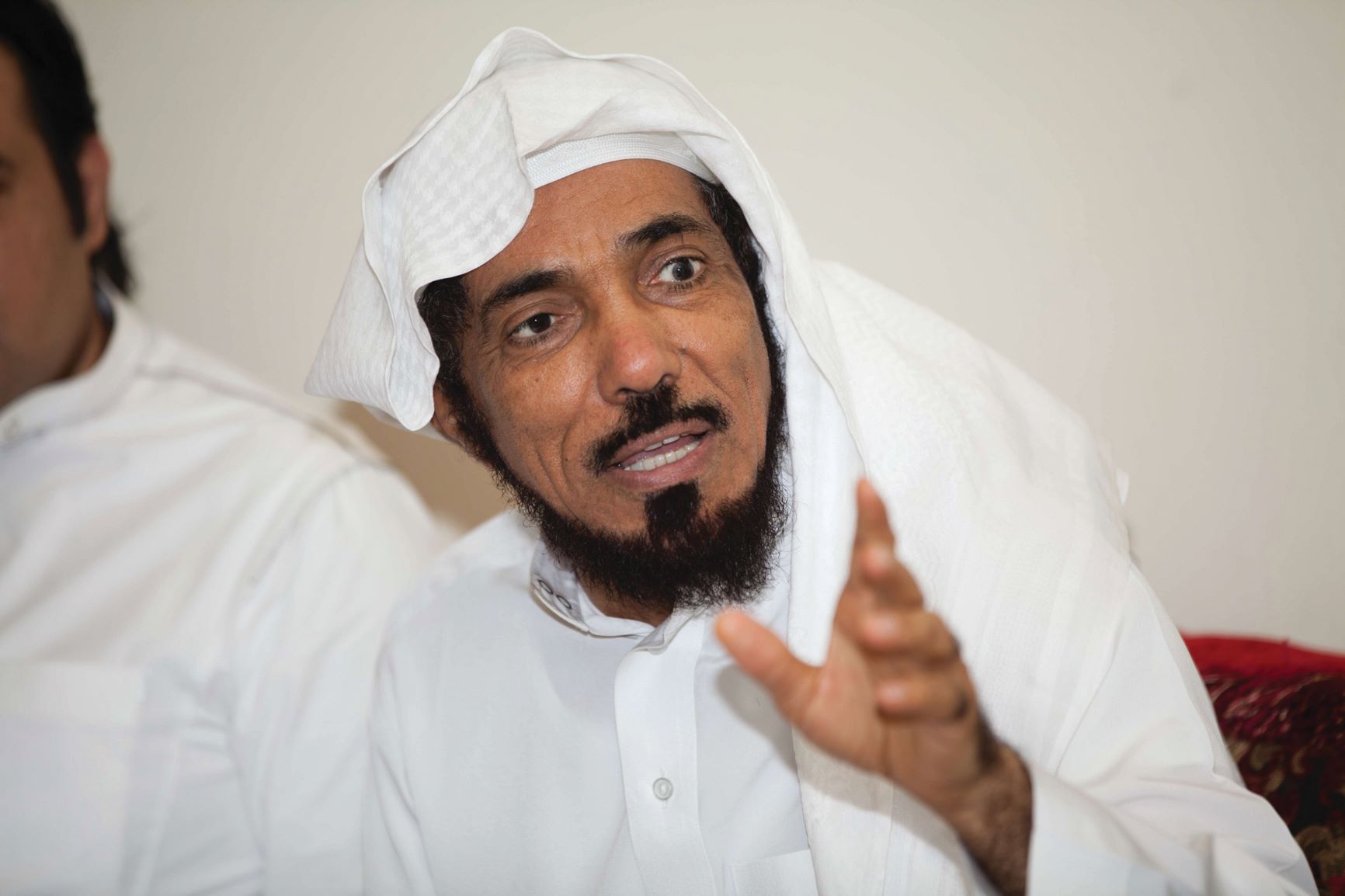November 16, Moldova: Pro-European Union candidate, Maia Sandu, won Moldova’s presidential election against incumbent Igor Dodon with 57.7% of the vote, according to The New York Times. The loss of Dodon, who was openly endorsed by Russian President Vladimir Putin, represented a possible shift away from Russia for the former Soviet country. Sandu will be Moldova’s first female president in the country’s history. “We have a divided society,” Sandu said in an interview with BBC. “It’s been further divided during this campaign by my opponent, but the short-term challenges of course are to help people go through this pandemic crisis, the sanitary crisis and the economic crisis.”
November 18, France: French President Emmanuel Macron gave the French Council of the Muslim Faith 15 days to work with the interior ministry and agree to a “charter of republican values” in an effort to crack down on “radical Islam.” As part of this process, the CFCM agreed to create a National Council of Imams, which would require imams to go through an official accreditation process, according to BBC. Macron also introduced a bill that sought to prevent “radicalization” with measures that would include providing children with identification numbers to ensure they attend school and harsher punishments on those who intimidate public officials on religious grounds. Following the announcement, Pakistan’s human rights minister released a tweet that compared Macron’s treatment of Muslims to Nazi treatment of Jews, which has since been deleted.
November 19, Bangkok, Thailand: Prime Minister Prayuth Chan-ocha announced the government would crack down harder on protesters as anti-government protests continue. “The situation is not improving,” Chan-ocha said in a statement, as reported by Al Jazeera. “There is a risk of escalation to more violence. If not addressed, it could damage the country and the beloved monarchy. The government will intensify its actions and use all laws, all articles, to take action against protesters who broke the law.” Following the announcement, thousands of protesters—mainly young students—took to the streets of Bangkok on Nov. 21. Many were dressed in dinosaur costumes. “We represent the meteorites crushing the dinosaurs to extinction,” said 15-year-old high school student leader Benjamaporn Nivas to Reuters.
November 20, Nagorno-Karabakh: Following almost two months of violent clashes, Armenia and Azerbaijan agreed to a Russia-brokered ceasefire agreement. According to Al Jazeera, Armenia agreed to return 15–20% of the Nagorno-Karabakh territory. Azerbaijan’s army announced it entered the first of three districts to be returned on Friday. Armenian residents and soldiers were seen destroying buildings and burning down houses before the handoff began. The Guardian reported tens of thousands of Azerbaijanis are expected to return to the districts.
November 21, Guatemala City, Guatemala: A section of the Congress of the Republic of Guatemala was set aflame by protesters after Congress passed a controversial budget bill. The budget bill increased the stipends of Guatemala’s lawmakers and cut funding for human rights programs, according to Al Jazeera. Protesters called for the resignation of President Alejandro Giammattei after he refused to veto the bill—one of the main demands by protesters. Approximately 10,000 people protested in front of the National Palace in Guatemala City. “I feel like the future is being stolen from us,” said Mauricio Ramírez, a 20-year-old university student, according to AP News. “We don’t see any changes, this cannot continue like this.”





